This is a great place to start before you build your own apps. This will get you up to speed on what to expect when you build apps in your tenant. We’ll cover:
- Prompts
- User Inputs
- Prompt Objects
- Admin View
- End User View
Prompts
Prompts are what you type into the app to set certain parameters or to give it instructions about how to generate outputs. You’ll also use them to set Prompt Objects, which is what the end user will interact with in a published app.
After you’ve started creating a new app, add a new prompt by clicking the “Add Prompt Section.” For every additional prompt, click the “+ Add” button in the bottom right corner.
You can use Prompts to tell the AI App what its job function is, or to provide context about your company. For example, a good way to start an app is by setting the following Prompts:
- The app’s “job title”
- What it’s function is
- Company name
- Company information
Try writing prompts about your own MSP. You could start with these 4 prompts:

User Inputs & Prompt Objects
On the left side of the screen you’ll see “Add User Input.” These can be dragged into a Prompt field. Once a User Input is dragged and dropped into the Prompt, it will open a Prompt Object window. The information you type into the Prompt Object fields will be seen by your clients.
App User Inputs
Drag these into a Prompt to create a Prompt Object Window

Prompt Object Window
What you type into these fields is displayed to your end users

Fill out the title and description fields carefully, because what you type into them will be seen by your clients. The title will appear as a bolded header above the User Input form field, and the optional description will display below the title.
This Right now, there are 4 User Inputs that you can insert into the app as Prompt Objects. They are:
- Short Answer
- Use this input when you ned to collect short answers
- Paragraph
- For longer inputs, like blog posts, whole sections of websites, or long descriptions
- Multi Select
- You can give end users multiple options to choose from. This works well when setting a tone of voice, or selecting social media platforms.
- Dropdown
- A true multiple choice - users can select one of the options presented
Before Moving On, Try This
Once you’ve set some Prompts, try previewing the app.
Click on “Preview” in the bottom left corner.
You’ll be taken to a screen that’s divided in half, and that’s what we’ll focus on in the next section.

Admin View
In Preview mode, you’re able to see everything. But let’s break it down into 2 parts: Admin View and End User View.
The left half of the divided screen is the Admin View. This is where you can see ALL of your prompts, the text in the Prompts before the User Inputs, the titles of each User Input, and any generated outputs once you complete the forms.
Keep in mind that your clients, the end user, cannot see this screen. They can only see the screen on the right side, which is the End User View.

End User View
On the right side of the screen, you can interact with the End User View. This is what your clients will see. Remember all that time you spent writing Prompts? All that time you worked to get the wording just right? They’ll never know. But they’ll think you’re giving them magic. All they’ll see is what you typed into the Prompt Object window.

Take some time to fill out the forms as if you were the client, and then click on generate. It might take a moment, but the app will begin to generate outputs based on your Prompts and the User Inputs shortly.


Ready to build a real AI appt?
Let’s create the first app together. Read Creating a New App to get started.
